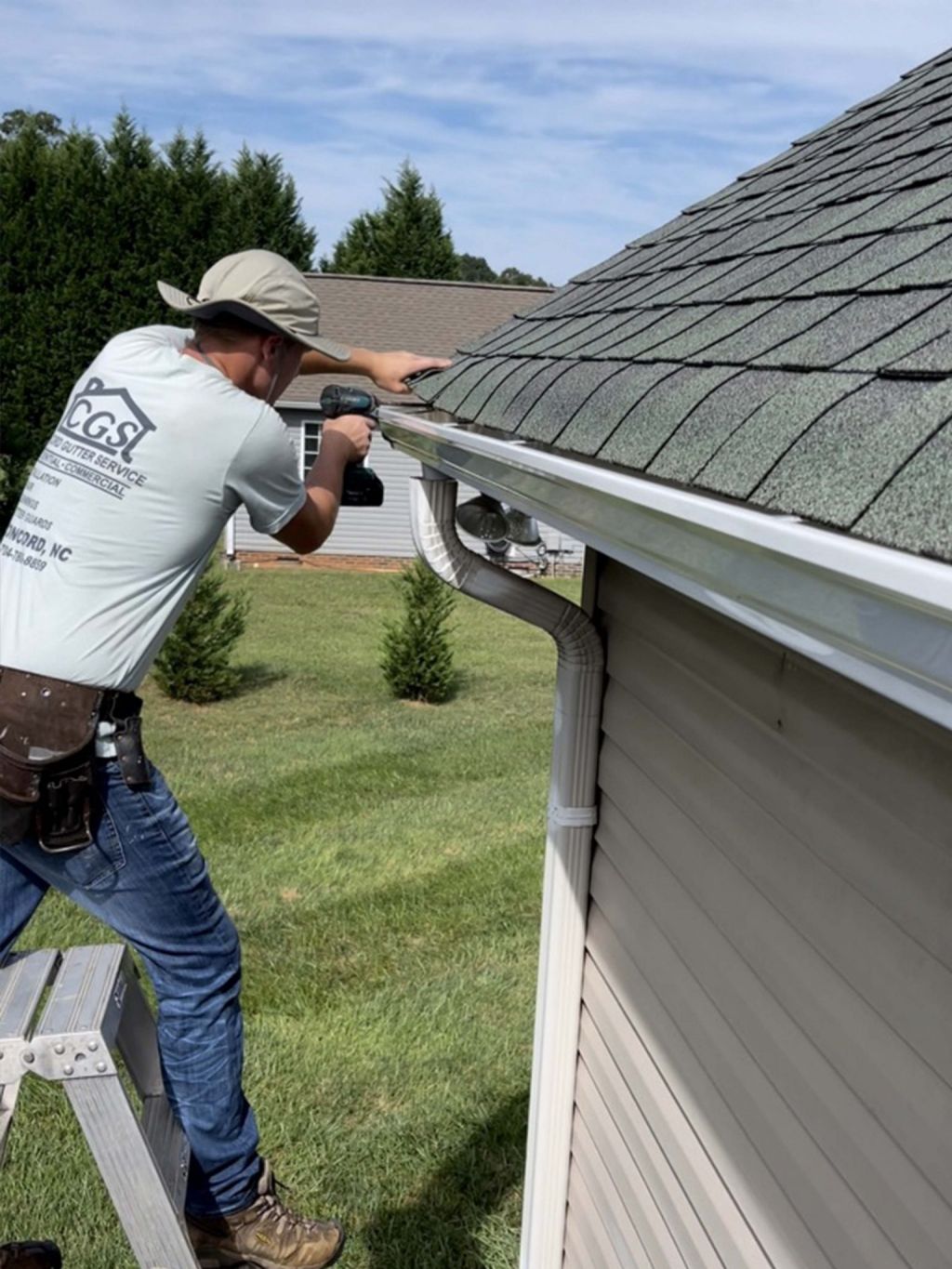Best Way To Install Siding
by siteadmin

How to Install siding
The best siding can protect your home from snow, rain and wind. Vinyl, fiber-cement and wood are all options.
Start by measuring the area around your home and recording it. This will give an estimate of the size and cost of the siding you will need.
Start with a Starter Band
Installing siding is only possible with a starter strip. It makes sure that all siding panels can be installed straight and level.
For a starter strips to be installed, first examine your walls. Take a tape measurement to determine the distance between the lowest point of your house and the starter strip's width.
Next, drive 1/4 inch of nail into this corner. Allow for space for corner posts. Attach a chalkline to one end of this nail. Next, stretch the chalk line to another corner with a level.
Continue to install starter strips along each chalk line. You can continue this process throughout your home. Wear protective gear and measure twice before cutting. Make sure you use a level to ensure the siding is properly laid.
Remove the siding
A pair of tin cutters is your best option for fast, clean cuts when you're cutting vinyl siding. They are very easy to use and they can be carried around with you for any emergency.
Utility knives are best for long cuts. It is also a smart idea to invest in vinyl cutting templates. They latch onto the sides of the plank, and have notches that can be used as a knife blade.
Once you have cut your siding, it's now time to nail it. It is important that the nails are level and not too loose to allow for temperature variations.
Before nailing the next row of siding, measure out and cut Jchannel pieces which will fit under doors. For proper expansion, be sure to leave 1/4 inches between the corners and the corner post.
Nail the Sitting
The correct nailing is crucial if your siding will last. If your siding isn't correctly nailed it will crack and pop under sunlight and temperature variations.
Use nails that are at most 1-1/2 inches in length to attach the siding to the wall's sheathing. Spiral and ring shank nails improve holding power. A nail that has a textured head reduces the glossiness.
The siding type and thickness determine the length of nails. See Table 3 for recommendations for nails to be used for different siding types and thicknesses.
You should attach the siding to the sheathing at each furring or stud. The pattern should allow the sheathing to expand and contract with the weather. Nails should be centered in their slots. A minimum of 1/16 inch should be between the nailing edges and the fastener.
Seal the Siding
Before you install siding it is necessary to seal the wood. This will help to protect siding from water damage while also keeping it looking gorgeous.
PermaSeal(r), a wood siding protection product, is recommended. This product protects siding from rot and decay for 25-years. It will also eliminate mold, mildew or any other toxins that can lead to wood siding deterioration.
A stain can give your wood siding a more natural look, depending upon your preferences. It is important to know that the first coat doesn't penetrate deeply enough into the wood. Therefore, you will need to add a second coat.
It's crucial to ensure that all gaps between courses are sealed when installing log siding. This is due to the fact that siding shrinks when it dries, creating gaps between each of its courses.
https://www.paylessforwindows.com/
How to Install siding The best siding can protect your home from snow, rain and wind. Vinyl, fiber-cement and wood are all options. Start by measuring the area around your home and recording it. This will give an estimate of the size and cost of the siding you will need. Start with a Starter Band…
Recent Posts
- Roofing Company Savannah Sheds Light on the Lifespan of Roofs: How Long Should a Roof Last?
- Choosing the Best Gutters for Your Jacksonville FL Home
- Choosing the Best Gutters for Your Chicago Home
- Exploring the Drawbacks of Duct Cleaning: Insights from Air Vent Cleaning Charlotte
- Sons of Monaco Painting Unveils the Ultimate Solution: Roll vs. Spray for Exterior Paint
